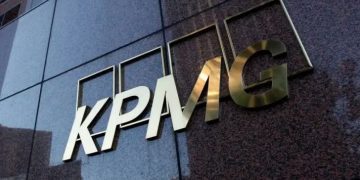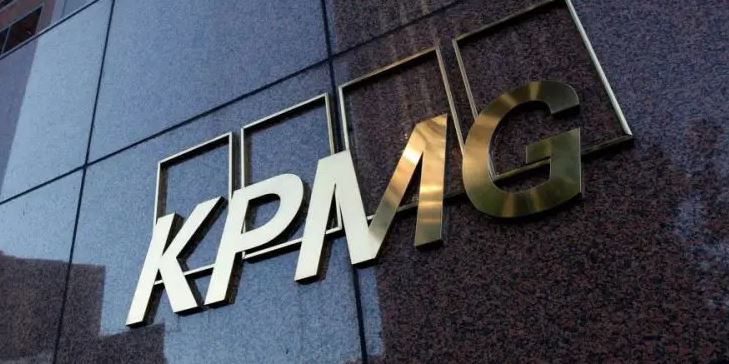By John Ikani
Global financial advisory service firm, KPMG, forecasts that Nigeria’s headline inflation is poised to surge to 30% by December 2023. This projection comes amid a lack of optimism from another reputable Nigerian financial firm, Afrivest, regarding any imminent reduction in inflationary pressures.
As of September 2023, Nigeria’s headline inflation rate is already at 26.72%. KPMG’s macroeconomic review for the first half of 2023, outlining the second-half outlook, attributes the anticipated spike to recent reforms like the fuel subsidy removal and the unification of the foreign exchange market.
In their report, KPMG states, “We anticipate that the current inflationary pressure in the economy will persist into the second half of 2023… Specifically, our model suggests that the combined influence of fuel subsidy removal and foreign exchange liberalisation may drive headline inflation to about 30 per cent by December 2023. Monetary Policy Rate (MPR) hike will not curb inflation.”
Addressing the ineffectiveness of the Central Bank’s 18-month-long strategy of MPR hikes, KPMG suggests focusing on concerns such as energy and transportation costs, supply chain issues, and promoting local production to be more impactful than raising interest rates.
Predicting a 2.6% growth for the Nigerian economy in 2023, the report indicates a lower projection compared to the World Bank’s revised 2.8% forecast for Nigeria and the 3.1% growth achieved in 2022.
Similarly, Afrinvest analysts foresee the sustained inflationary pressure in Nigeria’s economy, attributing it to the combined effects of fuel subsidy removal and foreign exchange liberalisation. In their October 2023 inflation forecast report, Afrinvest predicts a 102 bps increase in Nigeria’s headline inflation rate for October, reaching 27.9%.
The report emphasizes that recent reforms in the petroleum industry and the unified foreign exchange market will contribute to the expected rise in prices of goods and services. Transportation costs and food prices have nearly doubled since the initiation of fuel subsidy removal and foreign exchange reforms, with the naira weakening by almost 60%.
While food supply received a boost in October due to the ongoing harvest season, the report notes that the escalating prices of Petroleum Motor Spirit (PMS) and Diesel (AGO) in October significantly contribute to core inflation.
“Fiscal spending must be more tilted towards value-creating capital spending as against consumption-focused recurrent needs,” suggests the report. It proposes a short-term solution of reducing tariffs on food imports to address food supply issues, with a long-term focus on structural challenges like security, transportation, and logistics.




































